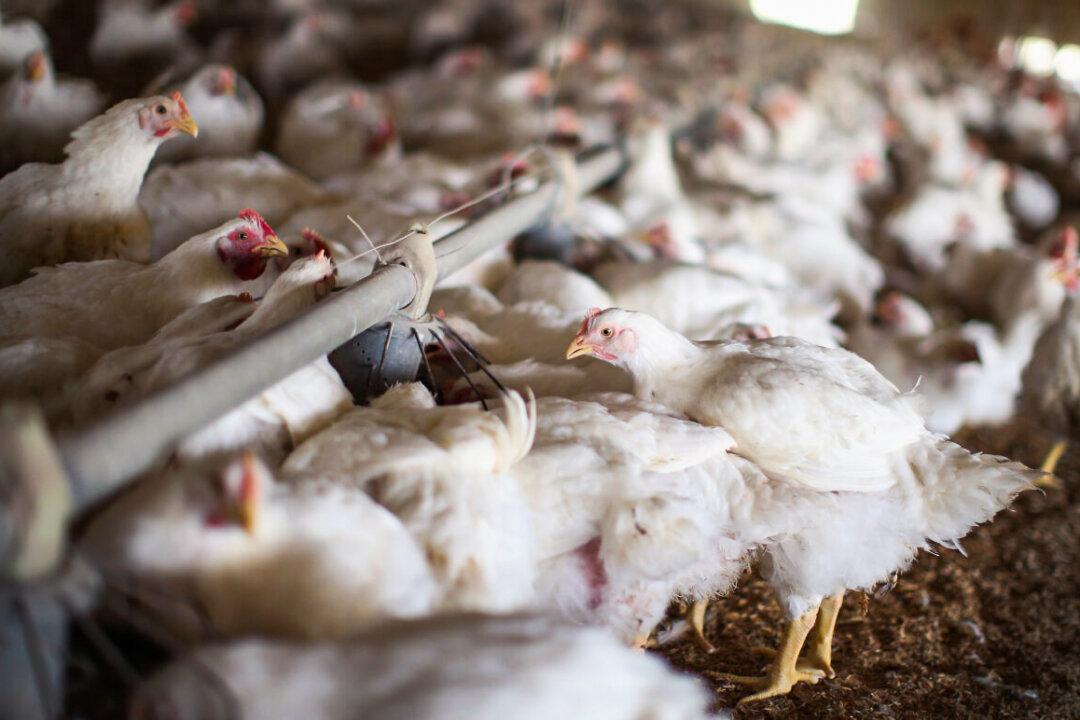Cases of H5N1 avian influenza have been detected in Indiana, Virginia, and Kentucky, posing a likely threat to the United States’ domestic supply of chicken and turkey this winter.
On Monday, the CDC announced detections of highly pathogenic avian influenza (HPAI) viruses in domesticated birds. This outbreak was first documented in Indiana, but has since spread eastward to Kentucky and Virginia, if not elsewhere.





